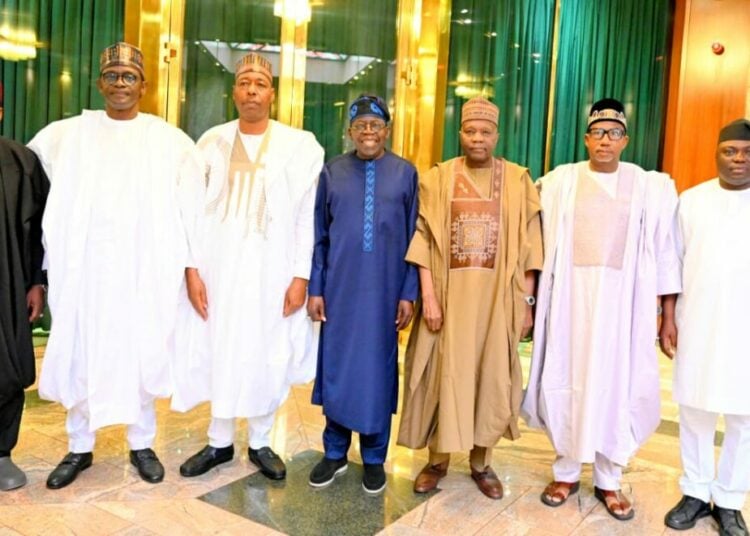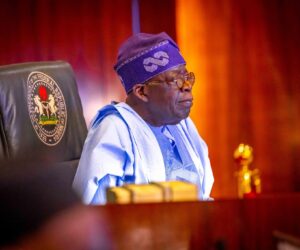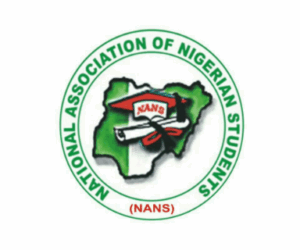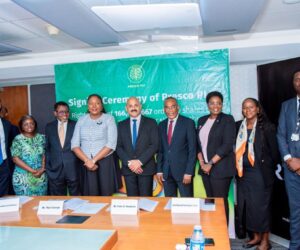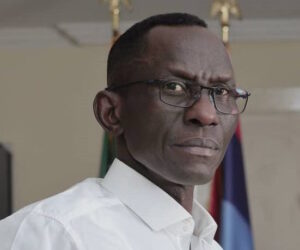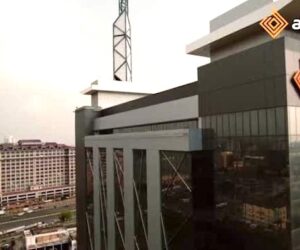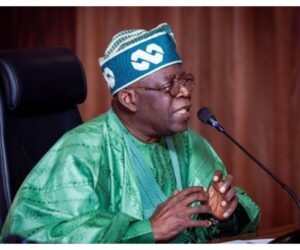From Juliana Taiwo-Obalonye, Abuja
Northeastern governors have called on President Bola Tinubu to prioritise the resumption of oil exploration activities in the frontier wells of Kolmani and Lake Chad.
The Kolmani oil field is an in-development oil field located on the border between Bauchi and Gombe states in Nigeria. It is operated by the Nigerian National Petroleum Company Limited (NNPC) and holds about 1,000 million barrels of oil reserves. The project, known as the Kolmani Integrated Development Project, was initiated in 2019 by the Muhammadu Buhari administration and marks one of the first significant oil exploration ventures in northern Nigeria.
President Tinubu had approved the issuance of critical regulatory licences for the project in 2025, allowing oil drilling operations that had been dormant for almost two years to resume. The project aims to boost Nigeria’s oil production and stimulate economic growth in the region by reopening closed businesses and creating new opportunities.
Nigeria is actively engaged in oil exploration in the Lake Chad Basin. The NNPCL resumed oil drilling at the Wadi-B well in the Lake Chad Basin, Borno State, marking the first such campaign since 1995. This resumption was flagged off officially in 2023, reflecting a renewed effort to explore and develop oil and gas deposits in the region after previous exploration activities were suspended due to non-commercial findings and security challenges related to Boko Haram insurgency.
According to the governors, reviving oil exploration is vital for boosting the region’s economy and improving security.
Speaking on behalf of his colleagues during a visit to the President at the State House in Abuja on Wednesday, September 3, 2025, Governor of Borno State Babagana Zulum said, “Resuming exploration activities would complement military operations and accelerate development in the sub-region.”
Zulum commended President Tinubu for maintaining the fight against insurgency and implementing measures to alleviate the impacts of flooding, desertification, and other environmental challenges.
He further observed that the region had “suffered so much environmental and developmental setbacks arising from a long period of neglect and abandonment.”
The governors expressed their support for the President’s Renewed Hope Agenda on food security, while urging special attention to unmanned forests, deserts, gorges, and rivers that insurgents use as hideouts.
They backed President Tinubu’s initiative to train manpower and use technology to reclaim these forests for agricultural purposes.
On security matters, the governors called for intensified military operations in troubled areas such as Lake Chad, Dajin Madama, Mandara Hills, Sambisa Game Reserve, Mansur, Yelwa, Futuk, Kolmani, Karin Lamido Forest, and other locations.
They also requested increased funding for the Multinational Joint Task Force (MNJTF) to support operations in the Lake Chad Basin.
Highlighting critical infrastructure, the governors listed projects that need urgent federal attention, including the Kano–Maiduguri road, Port Harcourt–Jos–Bauchi–Maiduguri railway, Bama–Mubi–Yola road, Bauchi–Gombe–Biu–Damaturu road, Maiduguri–Monguno–Baga road, and others across the six states.
Zulum concluded by stating that the governors “hold the President in high esteem and are committed to partnering with him in his determination to provide good governance for Nigeria, with the goal of leaving lasting legacies and landmarks for the country.”

